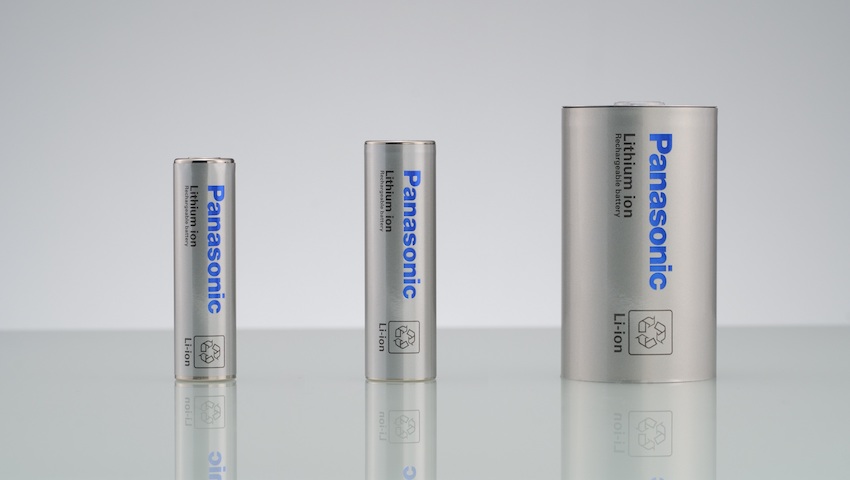Panasonic Energy and Mazda discuss plans for battery partnership
Panasonic Energy Co and Mazda Motor Corporation are discussing plans to establish a medium- to long-term partnership to meet demand for battery EVs and automotive batteries.
Panasonic Energy and Mazda will commence concrete discussions with a view toward Panasonic Energy supplying Mazda with automotive cylindrical lithium-ion batteries manufactured at Panasonic Energy’s plants in Japan and North America, and Mazda installing batteries procured from Panasonic Energy in battery EVs scheduled to be launched in the latter half of the 2020 decade.
Kazuo Tadanobu, President, CEO of Panasonic Energy, stated, “As the automotive industry rapidly advances electrification and is leading in this technology, collaboration with Mazda will be a major step toward the achievement of our mission of realizing a society in which the pursuit of happiness and a sustainable environment are harmonized. With our superior technology and extensive experience, we will drive growth of the lithium-ion battery industry and further accelerate our efforts to achieve zero emissions.”
Masahiro Moro, Director and Senior Managing Executive Officer of Mazda, said, “As part of our electrification initiatives, Mazda is working with its partners in three phases to flexibly respond to changes in regulatory trends, consumer needs, and other areas. We are delighted to collaborate with Panasonic Energy, which has been a pioneer in automotive lithium-ion batteries, developing high-quality products. We will keep contributing to curbing global warming through various initiatives including our electrification strategy.”
The Panasonic Group and Mazda have built a good relationship over many years. Mazda had installed Panasonic batteries in its Demio EV, which the company had leased in Japan since 2012.
Through this partnership, Panasonic Energy and Mazda will contribute to the development of the automotive and battery industries and the resolution of social issues, such as maintaining employment in the region and human resource development.
